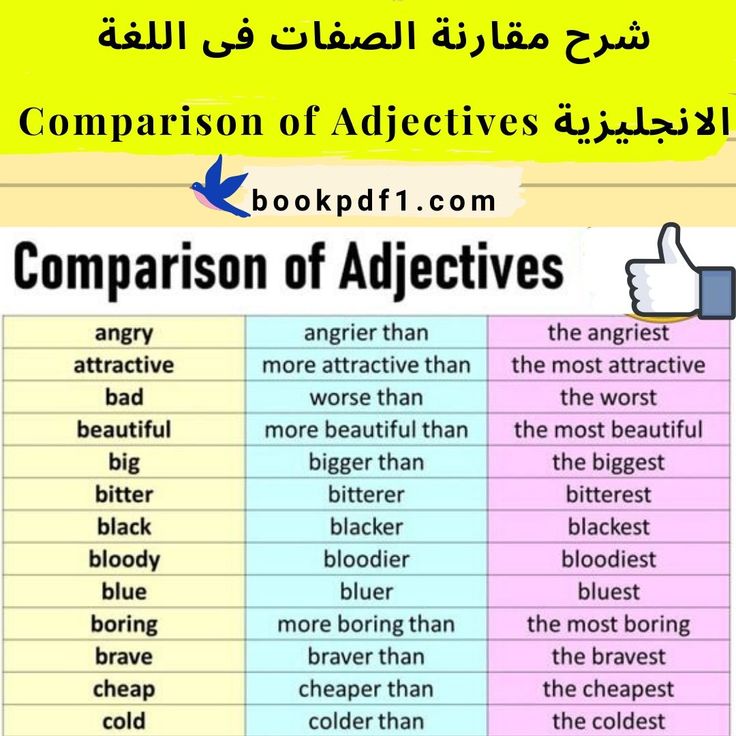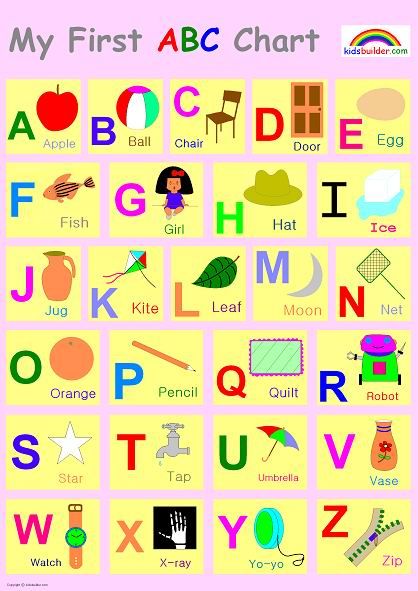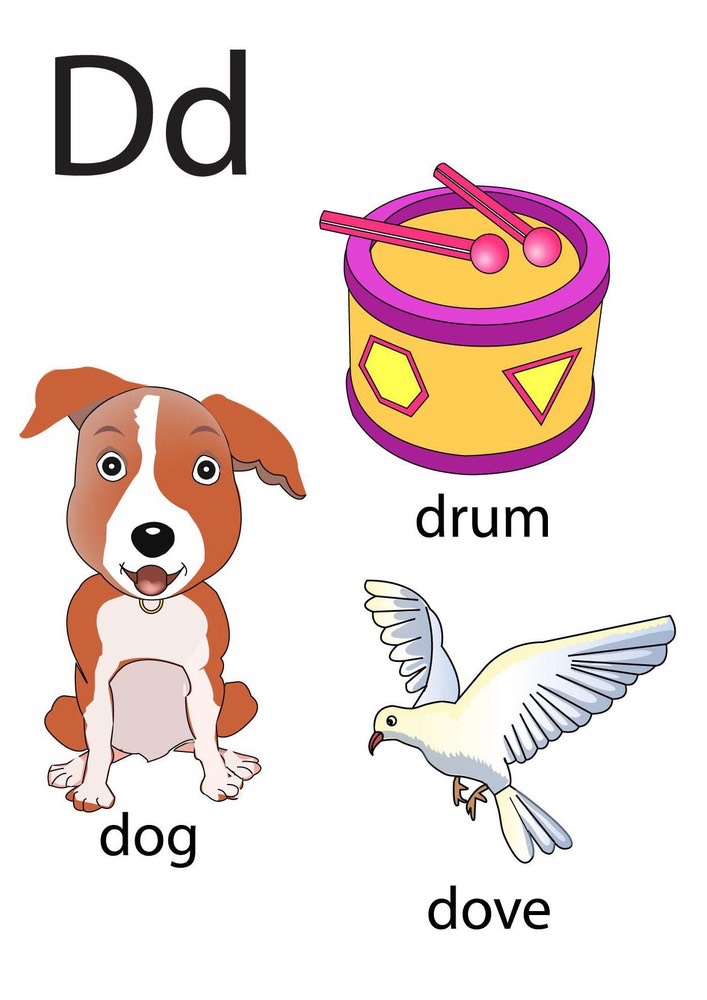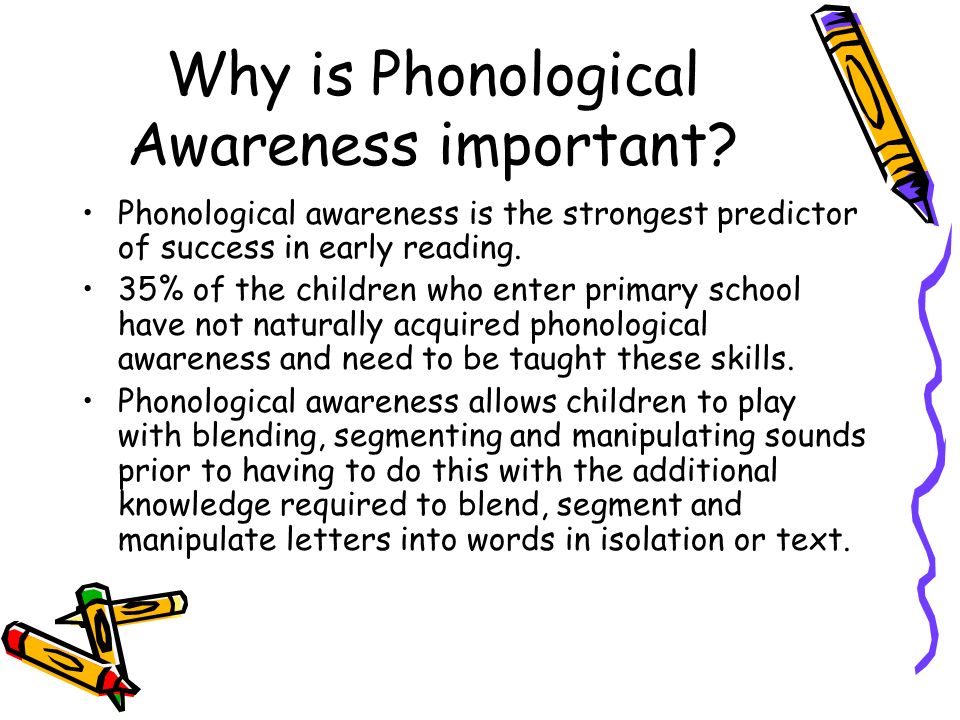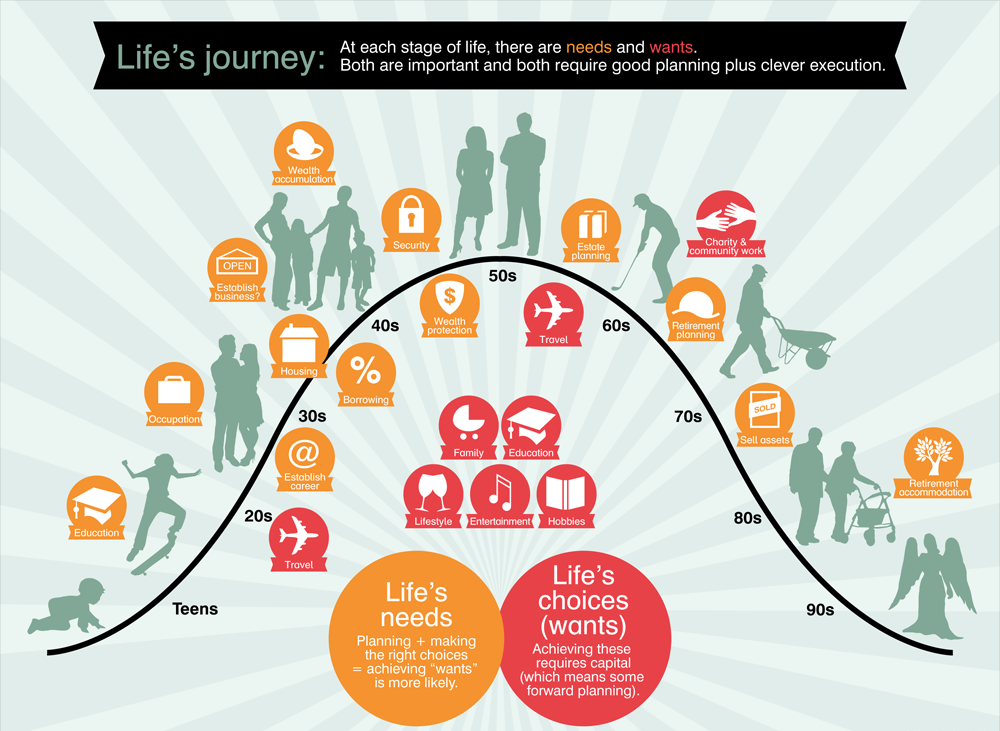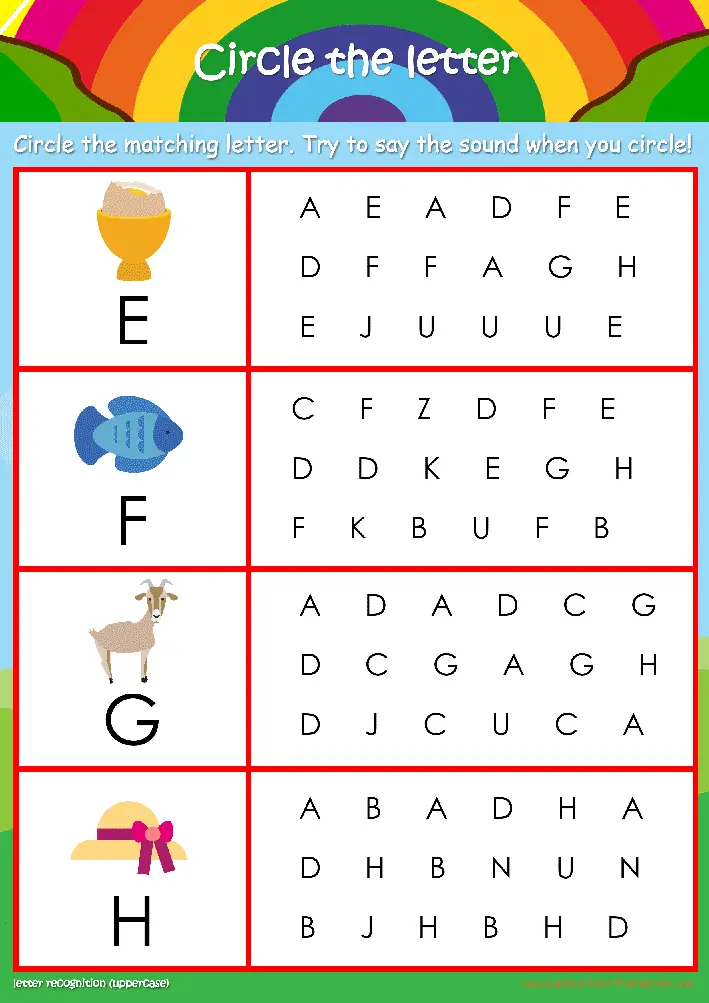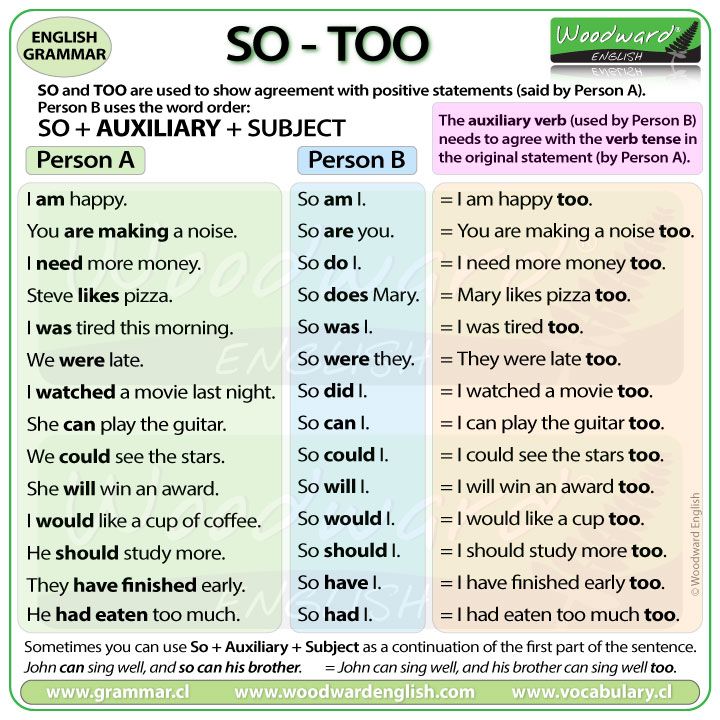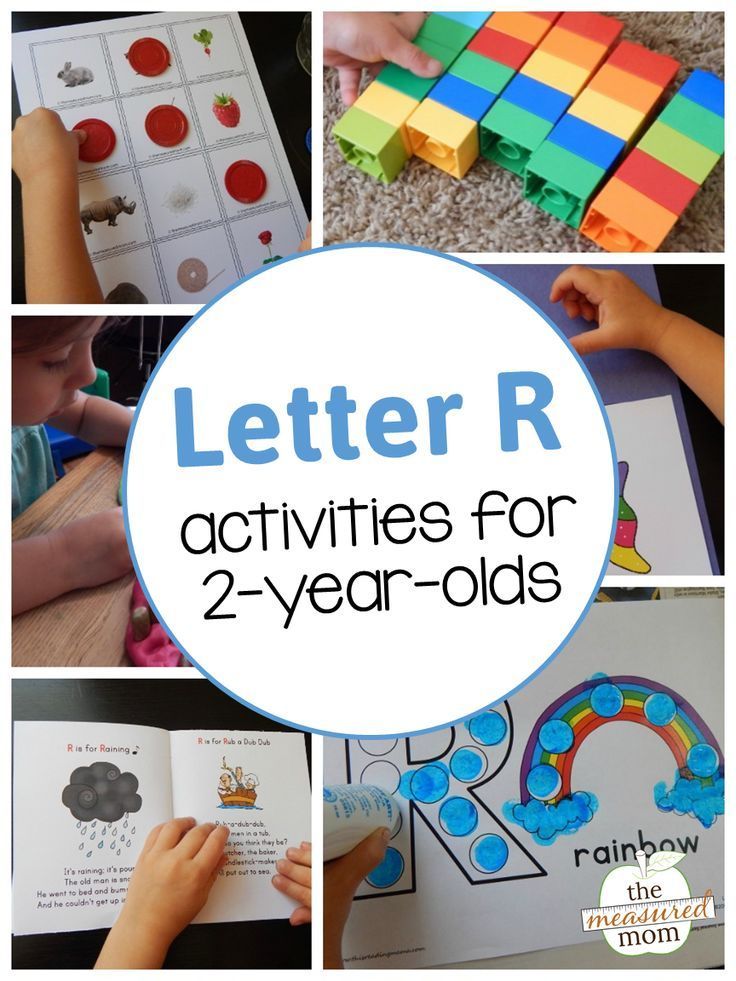Adjectives for education
107 Best Adjectives to Describe School & Education (2023)
School can be described in so many different ways.
It often depends on whether we had a good day or bad day there! And it also depends on which school we’ve gone to.
Below are 107 popular words to describe school that can get you thinking about some creative ways to express your feelings about school and education.
Positive Words for School
Accommodating – Teachers should always be accommodating to your needs. This means they will change the way they teach you to make sure you learn to the best of your ability.
Awe-Inspiring – An awe-inspiring education is one that makes you wonder at the amazement of the world and all the knowledge in it.
Easy – You might use this word if you feel as if you don’t have to make much of an effort and still get good grades.
Effortless – You would similarly use this one if you think perhaps you’re in a class that’s too easy for you and so you don’t study or try, but will still pass with flying colors.
Engaging – An engaging lesson is usually one where the students can actually participate, rather than sitting and watching.
Exciting – If you find learning to be enjoyable and you just can’t wait for the next lesson, you might call school an exciting place.
Exhilarating – If you’re doing a science project and feel like you’re on the verge of a breakthrough, you might consider the project to be exhilarating.
Eye Opening – At school, we learn a lot of new things that expand our horizons and change how we look at things. In these situations, we might walk out of a lesson and say ‘that was eye opening!’
Fantastical – This is a term you might use in a library when you walk in and know you’re going to find another book that will draw you into a fantasy world.
Flexible – A school that will make accommodations for you and your specific learning needs might be described as one that is ‘flexible’.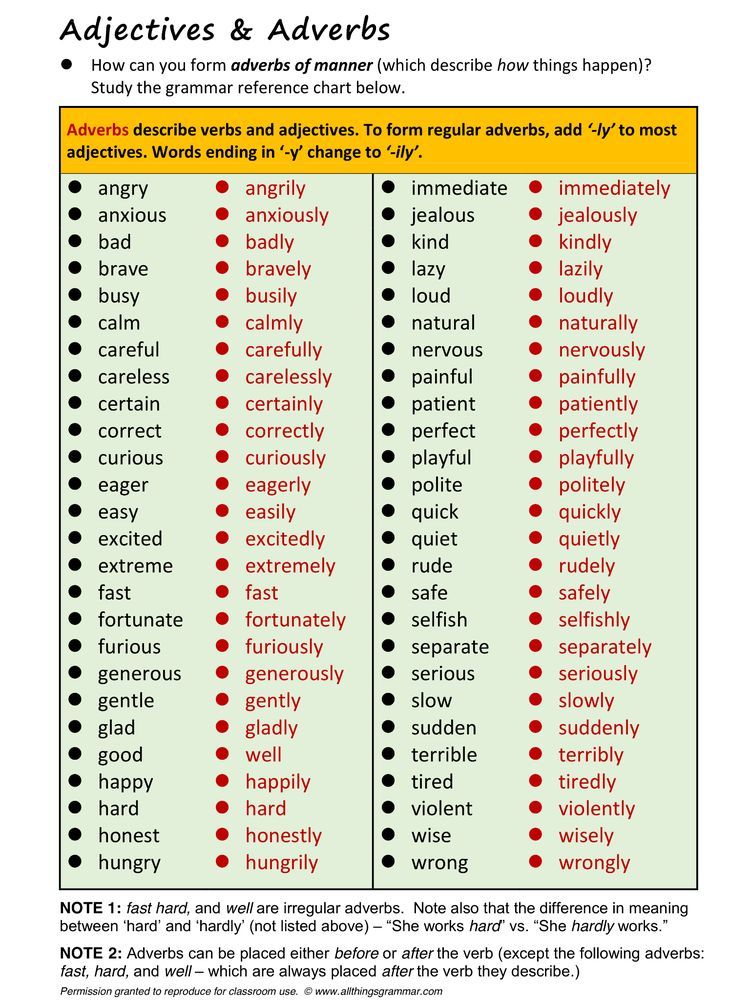
Friendly – We always hope when we walk into a classroom that there will be lots of friendly faces around us. As a teacher, I always strive to create a friendly environment.
Fun – If you really enjoy all the adventures and activities you’re assigned in class, you might come home and tell your parents: ‘school was fun today!’
Hands-On – A hands-on classroom is one that lets all the students be active participants in their learning, which will help them learn and be engaged.
High Expectations – A school that sets high expectations is one that wants you to do the best you possibly can, and won’t accept anything less.
Important – Most of us believe that learning is one of the most important things we can do so that we can succeed at life.
Inclusive – An inclusive environment is one that ensures everyone is welcomed and a wide variety of views are encouraged.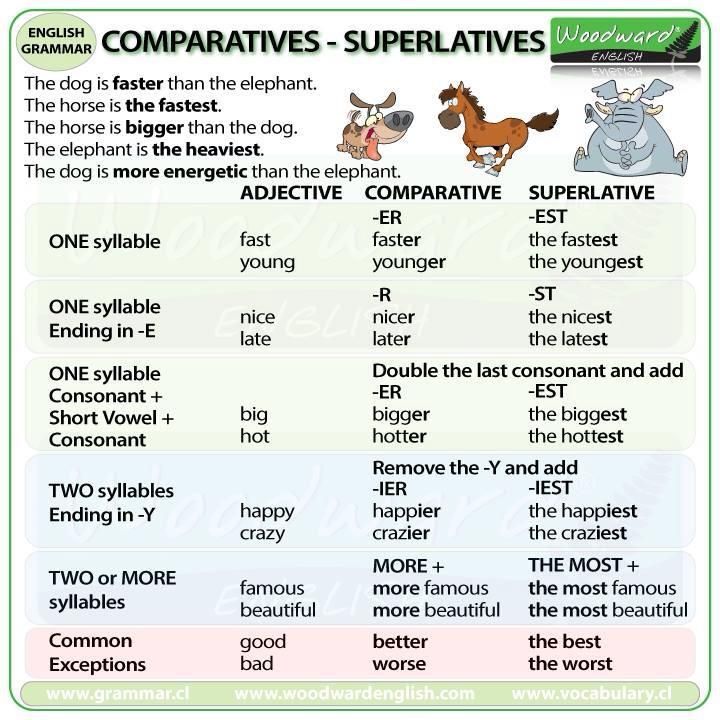
Inspiring – An inspiring environment is one that will always be teaching you in ways that make you lean in and take interest in the amazing things they’re teaching you.
Interactive – Sometimes schools are not very interactive and students just have to sit and watch. But the good ones make sure everyone gets involved and can do some hands-on activities.
Inviting – An inviting school might be one with lovely artworks of the students around the walls and kind teachers who make you feel welcome.
Kind – A kind school would have teachers who are generous, smiling and patient with you while you learn. It may also focus on teaching the values of kindness.
Life-Changing – A life-changing education would be one that gives you skills to go out and make the sort of life you wouldn’t have been able to otherwise.
Mind-Blowing –
You might find a lesson to be mind-blowing if you come out of it feeling as if everything you thought you knew has been totally upended by your new knowledge.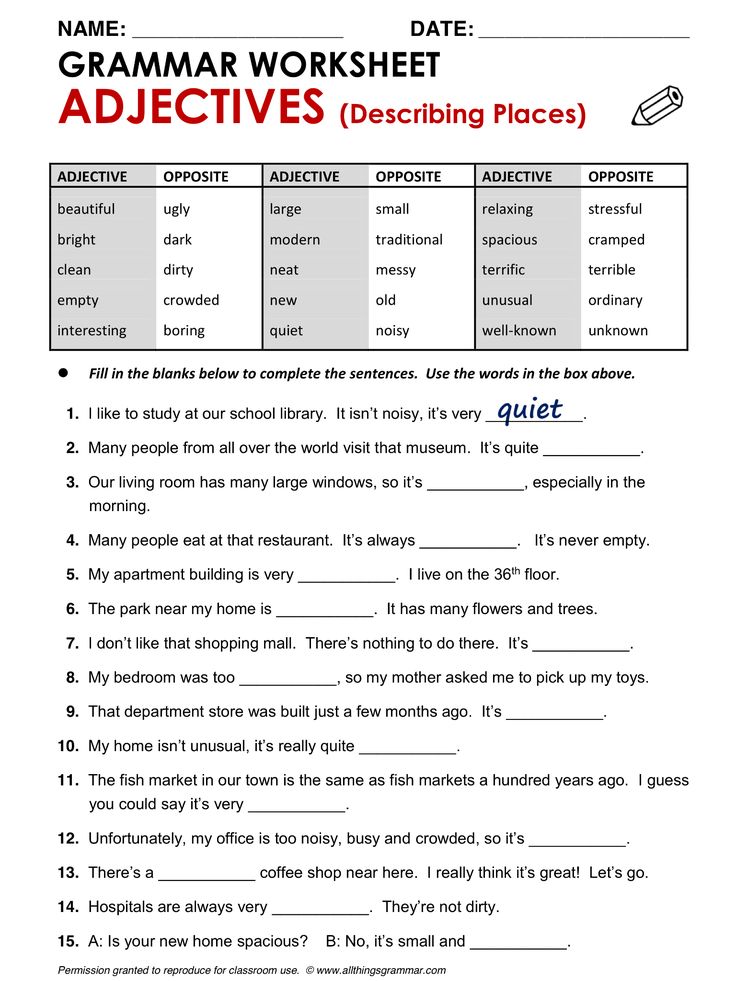
Motivating – You would find it motivating if you really want to wake up every day and go to learn something new.
Participatory – A participatory classroom would be one that allows students to actively be involved in learning and share their opinions.
Safe – Safety is incredibly important in an institution and should be first and foremost. According to Maslow’s Hierarchy of Needs, people need to feel safe and comfortable in order to learn.
Social – A social learning environment would be one were people get to talk to one another while learning. You might also consider school to be social if your favorite part about it is making new friends.
Varied – A varied educational experience might occur if you get to learn about a lot of different things in a lot of different ways.
Warm and Welcoming – You might feel like a classroom is warm and welcoming if you walked in and were instantly greeted by a kind teacher.
Read Also: Metaphors for Teachers
Negative Words for School
Authoritarian – An authoritarian education would be one where the teachers bossed you around and told you what to do and how to think rather than giving you the freedom to make up your own mind.
Boring – Many children think school is boring because they have to sit in a classroom all day. Reading textbooks and doing practice exercises all day doesn’t help either.
Claustrophobic – You might feel claustrophobic in a classroom if you’re an outdoorsy person. You’d feel like a bird locked inside a cage all day long.
Confusing – You might find your lessons to be confusing if the teacher doesn’t make an effort to guide you and teach you content that’s right for your level of knowledge.
Controlling – A school that is controlling might not let students explore, go on adventures, or create things that they want to create.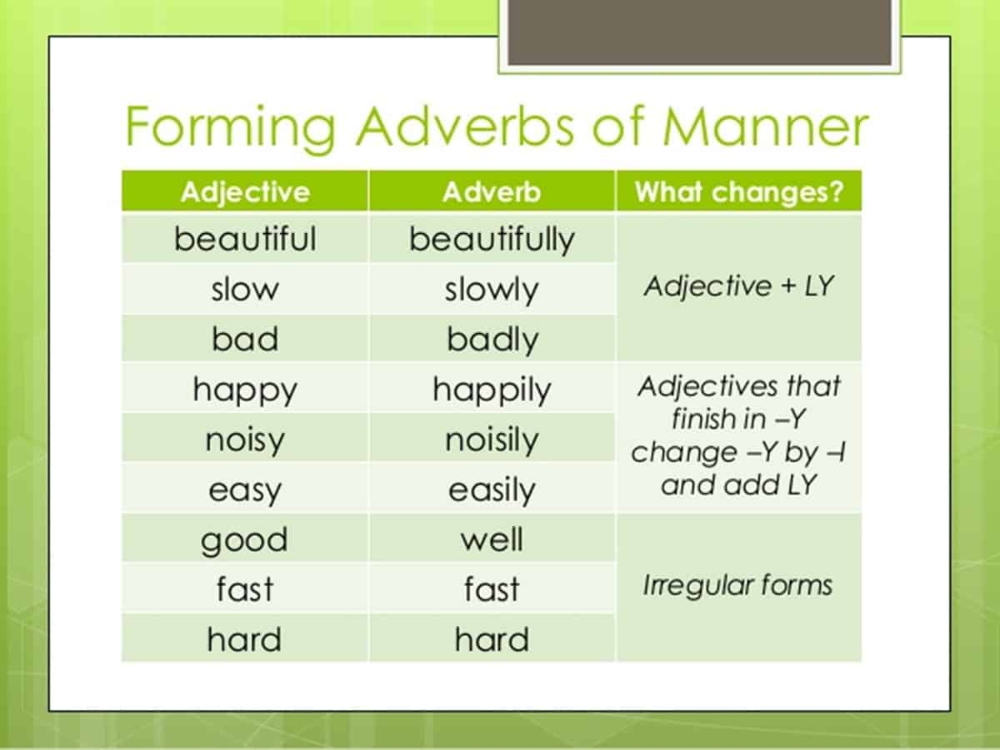
Demanding – Sometimes your education can be demanding, especially when there are upcoming exams that you need to prepare for.
Demotivating – Some people who might usually be motivated to work on projects become demotivated by the fact school doesn’t give them freedom to explore and be creative.
Depressing – You might describe school as depressing if you go to school day after day and are just consistently unhappy about it.
Detached – A school that seems to be too theoretical and academic, but not practical enough, could be considered to be ‘detached from reality’.
Difficult – If you struggle at school, you might describe it as ‘difficult.’
Directionless – A learning experience might be described as ‘directionless’ if there are no clear goals set for you to achieve.
Frustrating – Many people become frustrated by school if they feel like they’re not making any progress.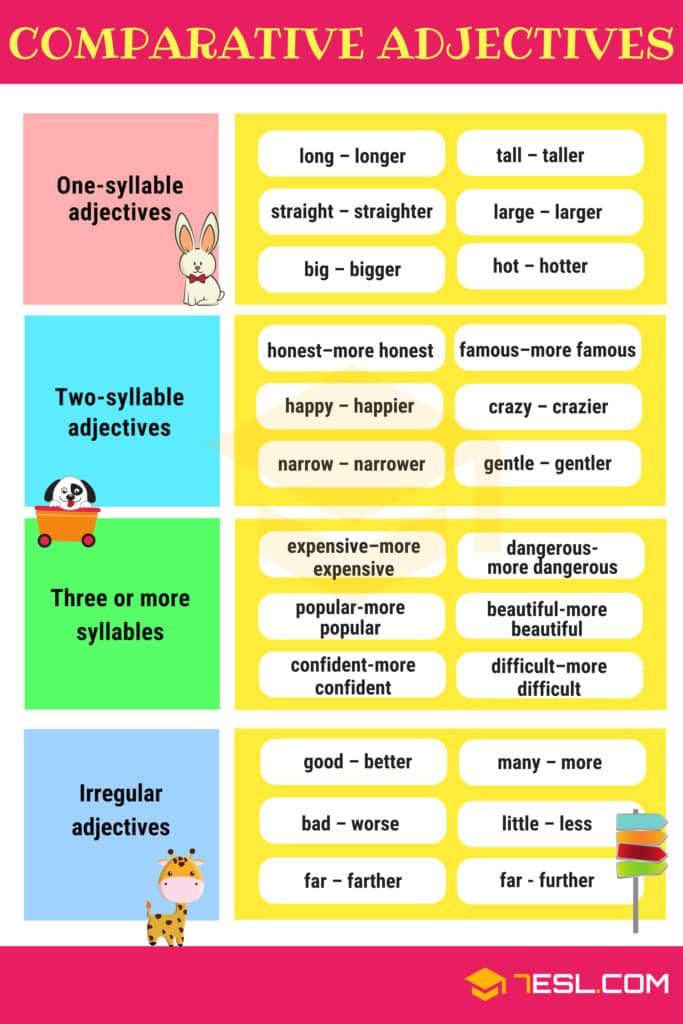
Indoctrinating – A school that tells people what to think rather than teaching them how to think critically might be considered an institution that indoctrinates the young.
Inefficient – An inefficient educational institution is one that wastes time on things that don’t lead to learning. For example, if a class is particularly mischievous, the teacher may be forced to waste a lot of time disciplining their students rather than teaching them.
Inflexible – A teacher may be inflexible if they can’t make accommodations for students who need them in order to learn more effectively.
Ivory Tower – The saying ‘stuck up in their ivory tower’ refers to the idea that academics spend all their time thinking and writing about things in isolation from the real world, which makes them detached from the realities of people’s lives.
Lax – This means to lack control. A school that is lax might allow children to get up to too much mischief which means they won’t learn self-control or respect.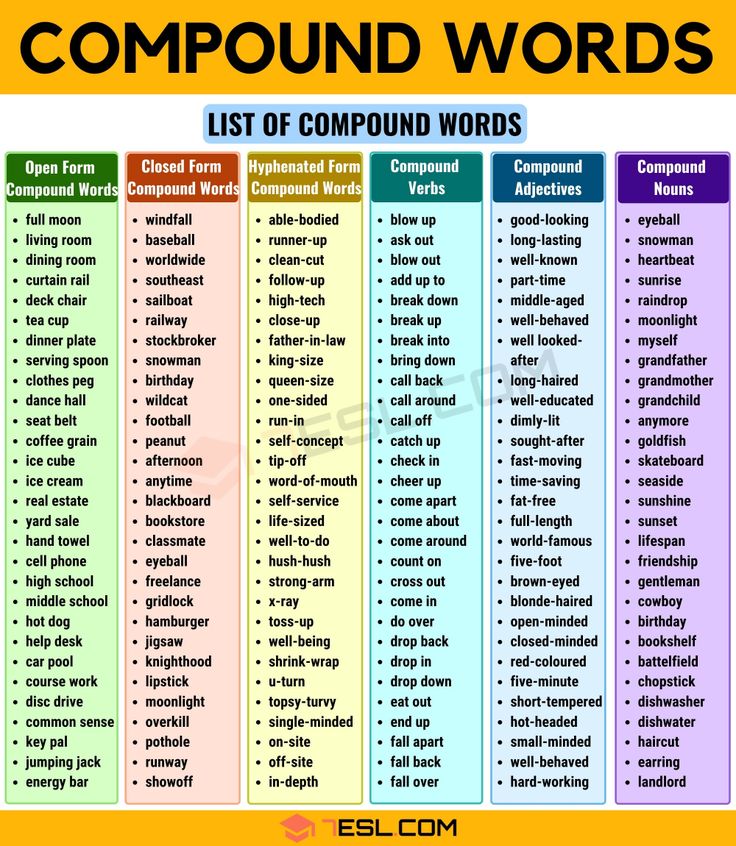
Lifeless – A lifeless lesson would be one where the students aren’t talking, the teacher speaks in a monotonous voice, and everyone is bored.
Nauseating – This means that it makes you feel a bit sick. We might say school is nauseating if, when we think of it, it gives us this feeling like we want to get back under the covers and hide.
Noisy – A noisy classroom might prevent students from learning because they are distracted by all the sounds around them. But, a gentle hum of activity might also be conducive to concentration.
Ostentatious – This would be a school that’s too focussed on being impressive, which can be annoying. For example, an elite private school with a helicopter pad in the front yard might be called ostentatious.
Outrageous – You might be outraged by something your child learned in a class, so you might call up the teacher and say: “this is outrageous!”
Overbearing – This means that the teachers are pushing you too hard to succeed.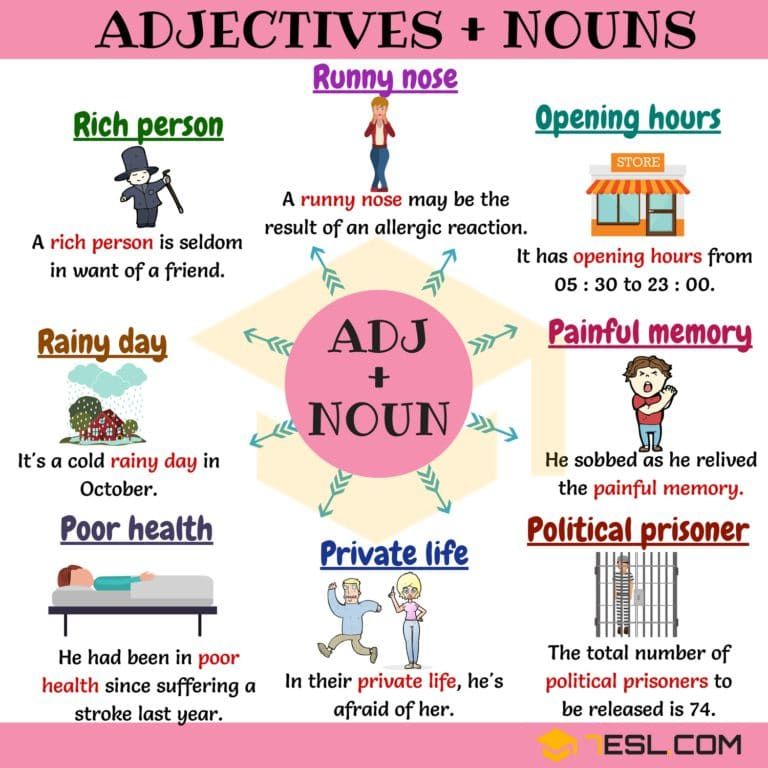 You might consider their endless demands that you study 12 hours a day to be ‘overbearing’.
You might consider their endless demands that you study 12 hours a day to be ‘overbearing’.
Overwhelming – When there’s just too much to learn and not enough time, you might become overwhelmed. This is a common feeling in the lead-up to exams.
Quiet – A quiet classroom might be great for learning because you can concentrate. But it also might mean that the teacher doesn’t let you ask questions and talk about what you’re learning with your peers.
Regimented – This means that everything is orderly and the rules are strict. You might call a military college regimented because it makes sure everyone is dressed exactly the same as one another.
Stressful – If you have lots of exams coming up and you’re worried about the results, you might consider school to be stressful.
Strict – A strict teacher is one who doesn’t relax and let students enjoy themselves. The teacher might spend all her time yelling at the students to ‘get back to work’.
Stuffy – A stuffy classroom would be one where the windows are all closed, it’s hot, and you feel yourself sweating. There might also be a lot of dust on the shelves.
Time-Consuming – You could consider 6 – 8 hours a day in a classroom very time-consuming, especially if you think you’ve got a better thing to do with that time!
Uncaring – If a teacher doesn’t pay attention to you and doesn’t seem to concern themselves with your wellbeing, you could consider them to be ‘uncaring’.
Undemocratic – An undemocratic classroom is one where the teacher says “What I say goes. You don’t have a choice!”.
Underwhelming – You might have been really excited about going to class (or college, even) only to turn up and realize the things you’re learning are not very exciting. They’re ‘underwhelming’.
Unfair – A class may be considered unfair if the teacher has given an advantage to some students over others, or who is biased when they grade papers.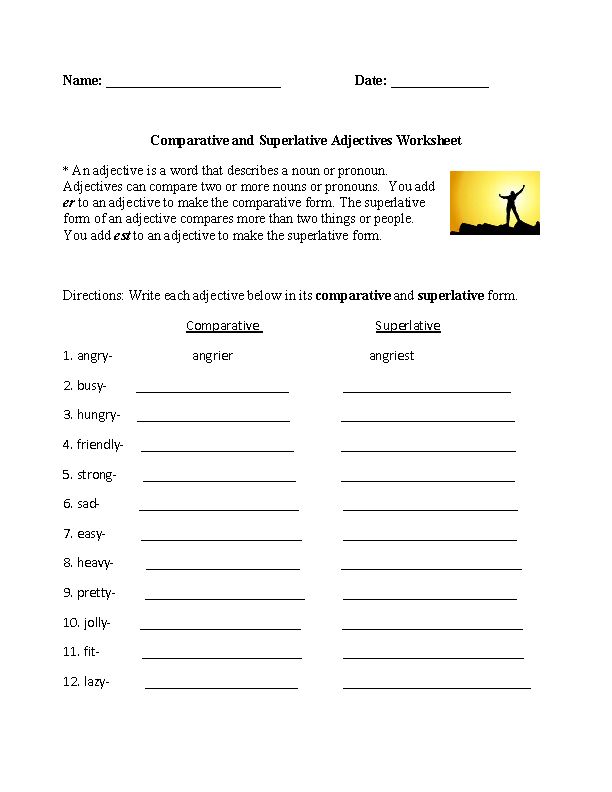
Uninspiring – An uninspiring class might be one that’s long, boring and doesn’t make you excited about the subject.
Uninviting – A school that is uninviting might be all grey without any pictures on the walls, color around the place, or smiling teachers there to welcome you.
Unoriginal – An unoriginal education might be one that’s full of dusty old textbooks, information that’s not taught in an interesting way, and no new ideas to present to students.
Unrealistic – If you consider school to be unrealistic, you might think that the things they want you to doo are just far too hard for your ability level, so it’s unfair for them to set you those tasks.
Unsatisfying – You might be unsatisfied if you took a class and by the end of it you didn’t learn anything new or interesting.
Read Also: 23 Metaphors about School and Education
Other Words for School
Academic – An academic institution has a strong focus on theory, bookwork and tests but not much emphasis on emotional development of the student.
Challenging – A challenging education would be one that sets high expectations, is difficult to complete, but also would be rewarding once you overcome the challenges that were set.
Disciplined – A disciplined school would be one that has educators who ensure students are well-behaved at all times.
Educational – If you said school is educational, you’re saying you learn stuff when you go to school – one would hope this is the case!
Helpful – You would like your teacher to be helpful, but that’s not always the case so it’s worth telling them they were helpful if they were!
Prestigious – A prestigious school would be one that is well-known for creating future leaders in science, business and politics.
Read Also: Metaphors for Students
Words for Different Types of Schools
Agricultural – Agricultural schools are usually located in rural locations and provide education to the children of farmers, who often go into the family business after completing their education.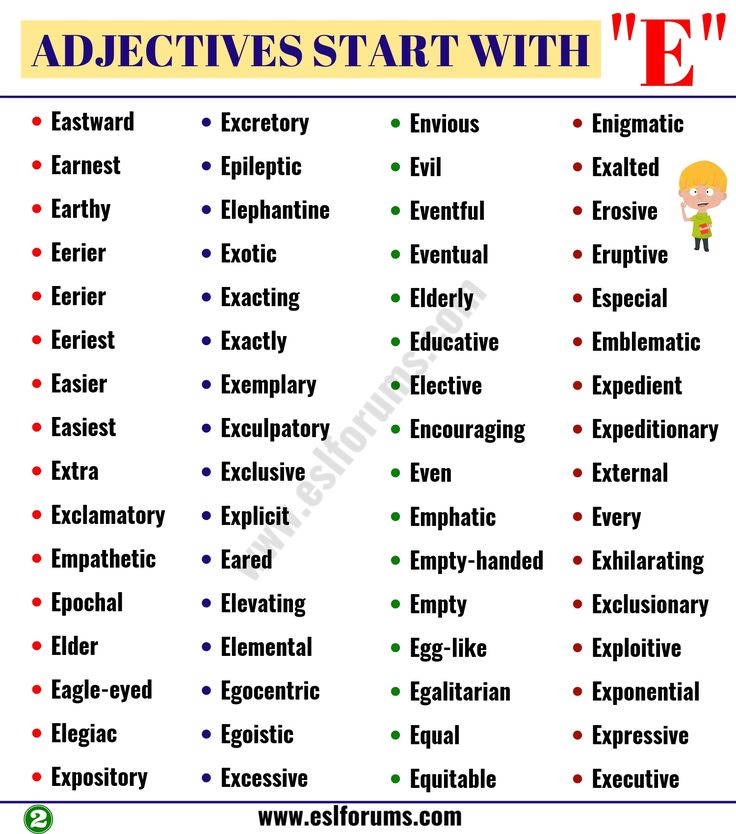
Blended – A blended classroom is half in-person and half online. This is becoming
Boarding – Boarding schools have the students sleep at the school, like in Harry Potter. They’re common for students whose families live in very remote locations such as some farmers.
Co-Educational – Co-Educational schools educate both girls and boys.
Elite – An elite school is one that is hard to get into because it has high entry requirements and high costs. It would also likely be a legacy school where children of alumni get preferred access.
Free – A free school is the one down your street that’s funded by the government!
Godly – A Godly school would be one that’s based on a Christian, Muslim or other religious ethic.
Home schooling – Home schooling is when you get educated at home. This is often because the parents do not agree with the ways schools go about teaching children.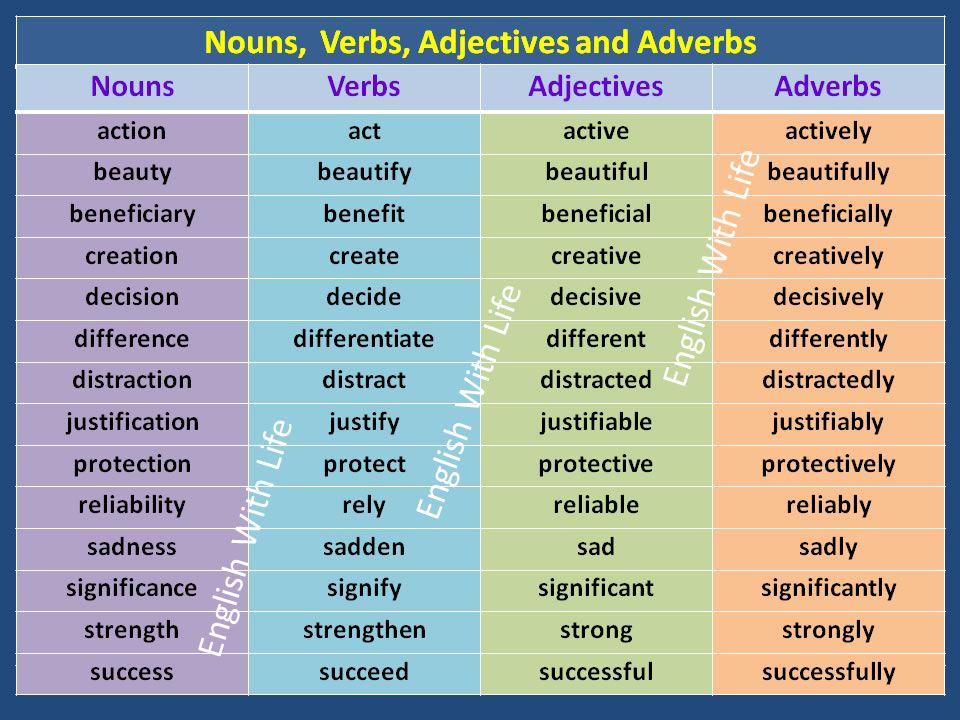
International – International schools often follow an international curriculum such as the International Baccalaureate and will take students from around the world.
Local – Everyone has a local school which is usually small, free, and integrated into the community.
Online – In recent years, online education has become more and more popular. You might go to an online university so you can work during the day then study on the internet when you have free time.
Private – A private education is one that’s not paid for by the government. It usually has more freedom to create its on curriculum that is often based on a religious doctrine.
Public – We usually use ‘public’ to explain an government-run school, although some nations flip this and use it to explain non-government-run schools.
Rural – A rural school might have its own flavor, such as a stronger emphasis in farming and agriculture.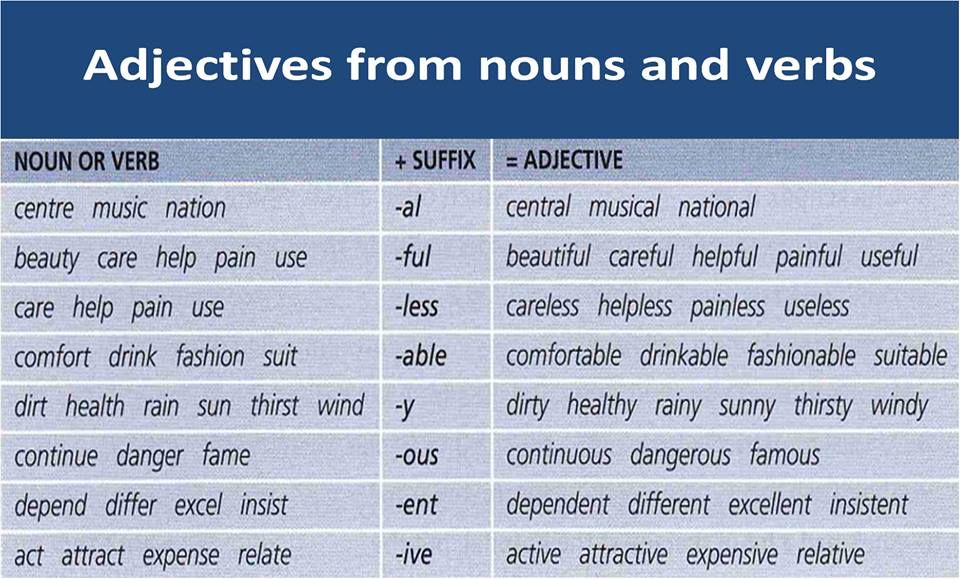
Single-Sex – Girls’ and Boys’ schools are becoming less common, but do continue to exist, particularly among elite schools whose ethos is that gender mixing can be a distraction to learning.
Technological – A technological institution would be one with a strong focus on computer sciences and the use of up-to-date technologies in the classroom.
Urban – An urban school is one that’s based in a city. It might reflect the multicultural dynamic evident in many cities which may lead to a rich tapestry of cultures being learned about in the school.
Vocational – A vocational college has a strong focus on job readiness skills rather than academic learning.
Descriptions of Approaches to Education
Behaviorist – A behaviorist learning experience has a strong focus on ‘reward and punishment’ based on theories from behavioral psychologists like Pavlov and Skinner.
Community-Oriented – A community-oriented school will invite prominent community members into the classroom to integrate students with their community.
Conservative – A conservative educational institution would focus on tradition and the core learning skills of reading, writing and arithmetic.
Constructivist – Constructivist learning involves a lot of hands-on activities that allow students to ‘construct knowledge through experience’.
Democratic – Democratic classrooms are ones where students have a voice, voting to make decisions is common, and the teachers respect students’ opinions.
Didactic – A didactic education will involve a teacher who focuses on moral instruction and does more talking than listening.
Humanist – A humanist education involves a strong focus on students’ emotional development and their personal wellbeing with the belief that wellbeing, comfort and having your basic needs met are prerequisites for optimal learning.
Moral – A moral education differs from an academic education. Academic schools are usually secular and teach you how to think, while strictly moral education will teach you right from wrong.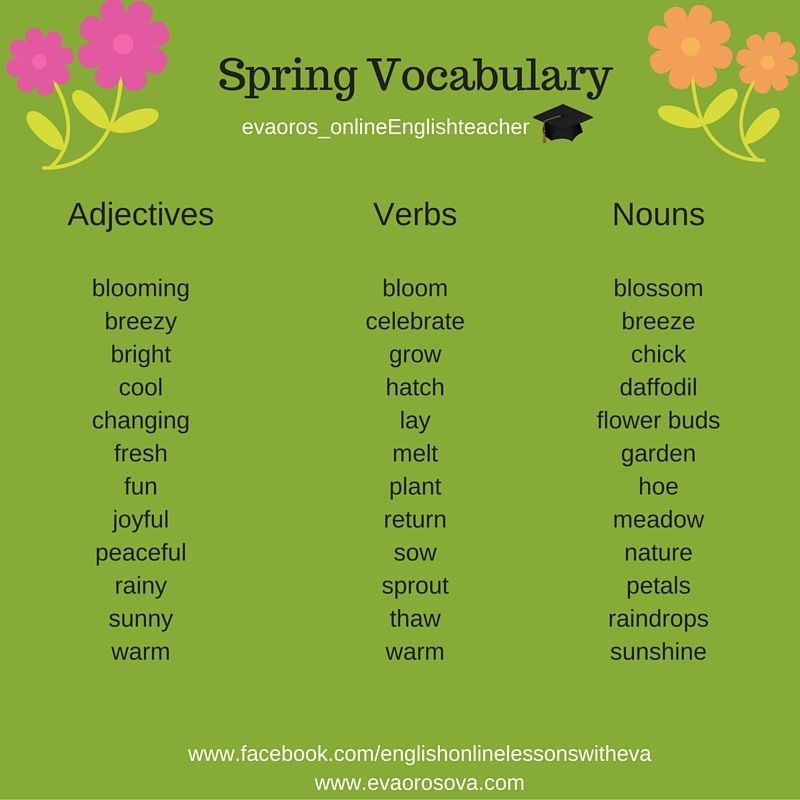
Multicultural – A multicultural education will allow students to
Personalized – A personalized learning experience will mean that you get to learn things that are relevant to you personally and you get to learn in ways that you find fulfilling. You might learn different things (or in different ways) to your peers.
Practical – A practical education will have a stronger focus on ‘doing’ and less focus on bookwork so students are prepared with workforce and life ready skills.
Progressive – Progressive education (based on John Dewey) is concerned with creating fairness in the classroom, promoting democratic values, and individualized learning plans.
Socratic – A Socratic education will involve philosophical discussions whereby the teacher will poke and prod at your presumptions and require you to defend your beliefs with logic and argument.
Student-Centered – A student-centered education will differentiate instruction for students so each student gets personalized lessons that meet their needs.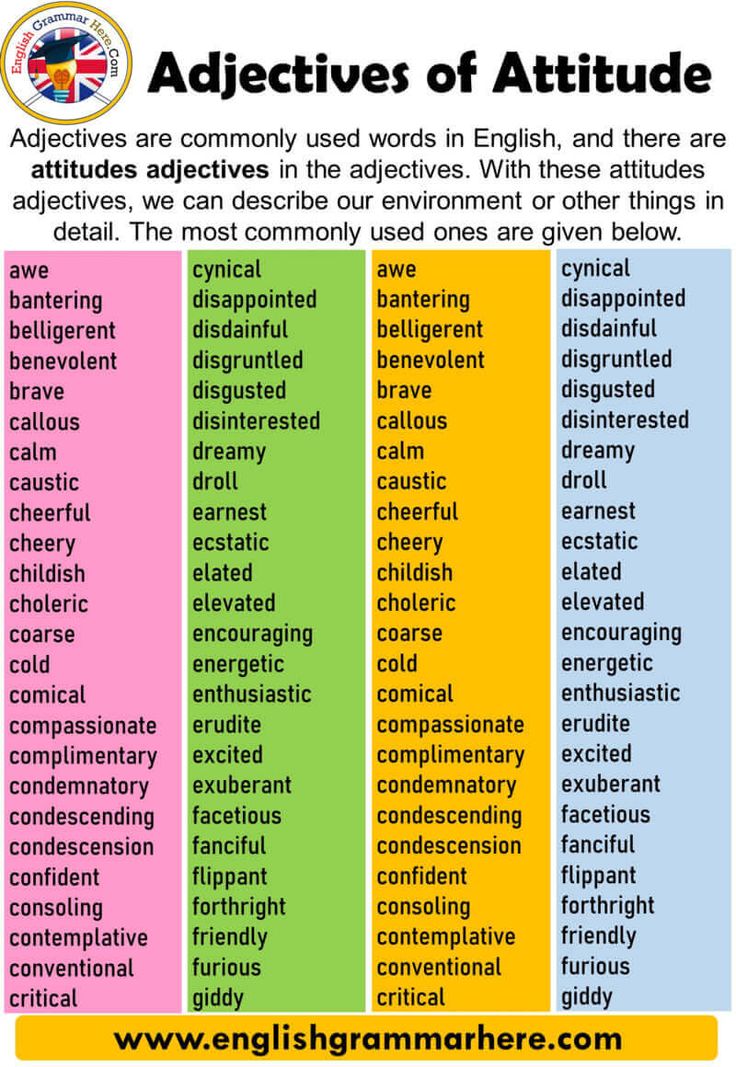
Teacher-Centered – A teacher-centered education will involve the students focussing on the teacher’s instruction and students need to sit passively and listen to the teacher’s lectures.
Theoretical – A strongly theoretical institution will have more of a focus on philosophy, debate, and textbooks rather than practical education preparing you for a job.
Conclusion
The above list of words and adjectives to describe school are by no means the only ones! But, they’re a useful list to get you thinking about people’s experiences of education and how they differ. If you don’t like any of the above adjectives, feel free to add your own adjectives to your own list!
If you’re after more words to describe education related topics, consider taking a look at my articles on words to describe students and words to describe teachers.
Chris Drew (PhD)
Website | + posts
Dr. Chris Drew is the founder of the Helpful Professor. He holds a PhD in education and has published over 20 articles in scholarly journals. He is the former editor of the Journal of Learning Development in Higher Education.
Chris Drew is the founder of the Helpful Professor. He holds a PhD in education and has published over 20 articles in scholarly journals. He is the former editor of the Journal of Learning Development in Higher Education.
Information for Students and Teachers
“We provide trustworthy, accessible, and accurate peer-reviewed study guides that reflect expert consensus – all in language that university students can understand!”
Chris Drew, PhD
Founder and Chief Editor
“LOVE, LOVE, LOVE Chris. One of the best teachers I’ve ever had. I love his easy clear teaching style.”
Jessica T.
Social Studies Student
“I was so impressed by the support and presence of Chris.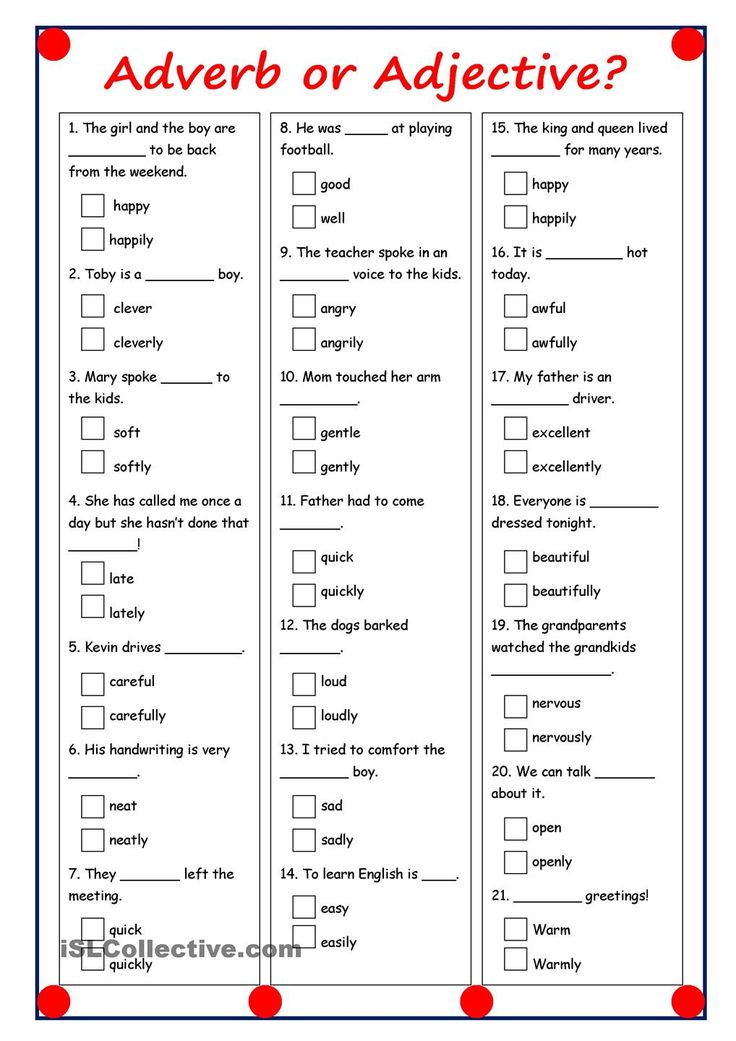 Chris is so involved, supportive, and energetic. I would not have done as well as I did at university without his wonderful guidance and enthusiasm.”
Chris is so involved, supportive, and energetic. I would not have done as well as I did at university without his wonderful guidance and enthusiasm.”
Sally R.
Bachelor of Education Student
“Chris is supportive and a very effective teacher. He has a great way of explaining the points and breaking down everything into bite size pieces. He goes out of his way to help his students improve.”
Krystin S.
Youth Studies Student
“Chris goes over and beyond any other teacher I have ever had, very approachable and on the ball with every last detail. Big shoutout to Chris.”
James L.
Bachelor of Arts Student
Take the Essay Writing Course
As Featured InThe Economist
Readers Digest
Times Higher Education
eLearn Magazine
Browse the Site
Academic Writing Skills
Search
College Study Tips
Search
Topic Study Guides
Search
Search for Study Guides
Top Academic Writing and Study Skill Guides
How to Write an Introduction that will Wow your Teacher
Practical tips on how to write an introduction for your next essay.
How to Prevent Procrastination while Studying
Here are 11 science-based tips on how to stay focused on your studies.
How to Start an Essay (When you Don’t know what to Write)
Sometimes the first sentence is the hardest. Here’s your solution.
How to Find Scholarly Sources Online (For Free)
A simple guide to getting those scholarly sources you need for your next paper.
My Perfect Paragraph Structure Formula
This is one of my biggest and best tricks for writing amazing in-depth essays.
Should you get Grammarly? Here’s my Opinion.
I take a look at the arguments on both sides of this topic.
How to Paraphrase like a Pro to Get Top Grades
Paraphrasing is hard – but I’ve got it down to an art with this simple formula.
How to Edit your Essay to Get 13% Higher Grades
Research shows appropriate editing will grow your grade by 13%. Here’s how.
Here’s how.
How to Write Conclusions with my 5 Cs Conclusion Method
End your essay in style with this simple effective method for writing conclusions.
Keep in Touch
Derivation of adjectives Grade 6 online training at Rostelecom Lyceum
Adjective. Word formation.
In Russian, adjectives can be formed:
- from other adjectives: blue - bluish;
- from nouns: wolf - wolf;
- from verbs: walk - walking;
- from adverbs: good - good;
- from numerals: two - double. nine0005
There are three main ways of forming adjectives:
1. Affixal way;
2. Non-affix method;
3. Mixed method.
Let's take a closer look at these methods.
Affixal methods :
There are three affixal ways of forming adjectives: archi-, counter-, super-, super-, etc.
Example: sloppy, tall, daring, overpowered.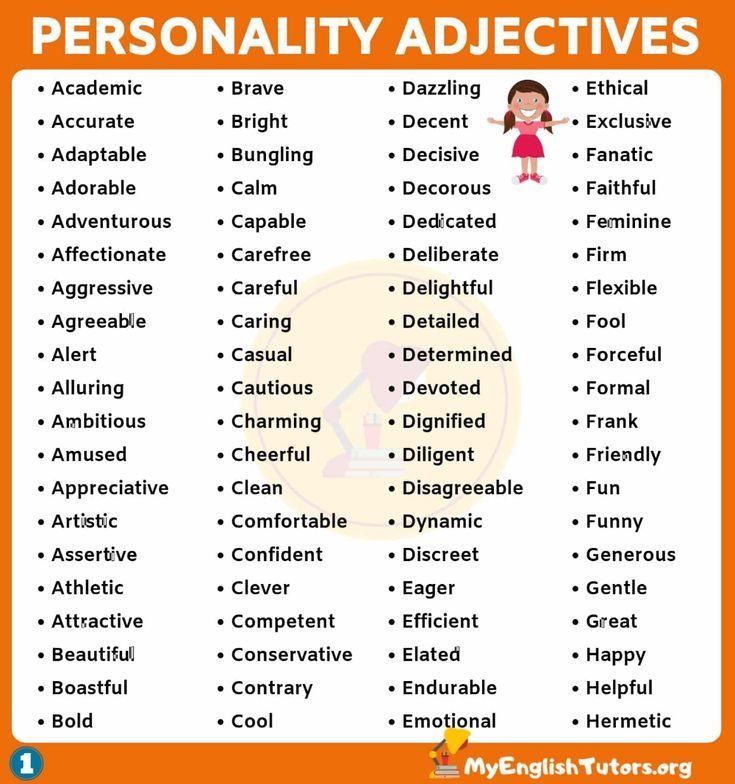
2. Suffixal - a method of formation in which adjectives can be formed from different parts of speech:
- from adjectives using the suffixes -onk- (-enk), -enn-, -usch-,
(-yushch), -ovat- (-evat-), etc.
Example: fair (light), warm (warm), tall (high).
- from nouns using suffixes -n-, -an-, -in-, -ij-, -ov-, -sk-, -ist-, -chat-, -liv-. nine0005
Example: morning (morning), spring (spring), patterned (pattern), grandfather (grandfather).
- from verbs with the help of suffixes -n-, -chiv-, -liv-, -ist-, -k-, -l-.
Example: fried (fry), torn (tear), evasive (avoid), miserable (sorry).
- from adverbs and numerals with the use of suffixes -n-, -enn-.
Example: early (early), outer (outer), triple (three).
3. Attachment-suffix - a way in which adjectives can be formed from the following parts of speech:
- from adjectives - in this way forms of the highest degree of comparison are formed - + -sh-, -eysh-, -aysh- -ok-.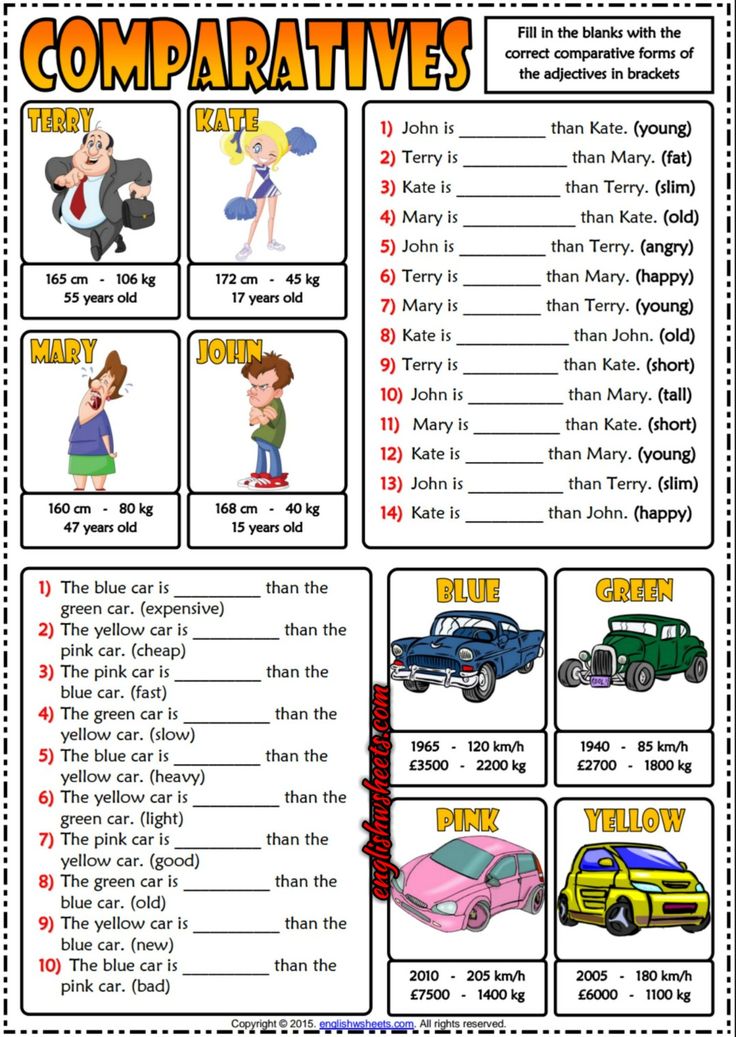
Example: thinnest (thin), cutest (cute), most beautiful (beautiful).
- from nouns with the help of prefixes without-, inside-, outside-, on-, after-, before-, counter- in combination with suffixes -n-, -enn-, -sk-, -ov-, etc.
Example: floor (floor), intra-articular (joints), antiviral (virus), pre-lunch (dinner), homeless (home). nine0005
- from verbs with the help of prefixes not-, without-, for- and suffixes -n-, -m-, -ann-, etc.
.
Non-affixal and mixed ways of forming adjectives.
In the non-affixal method, a new adjective is formed by adding the stems of words.
Example: lyrical epic (lyrical + epic), sound-letter (sounds + letters), insane (mind + deprived), navigator (sea + navigator). nine0005
The mixed method involves the formation of adjectives by adding the stems of words using suffixes (mainly -n-).
Example: Cardiovascular (heart vessels).
| 9009five |
| |||
| nine0095 | ||||
| You can call up the adjective generation function from your programs via the web service. The program produces zero or more adjective options:
Strictly speaking, the output of two options can mean either 4 or 5. If you need to distinguish between these options, write to us. nine0005 When forming adjectives from the names of some countries, variants of the form are possible: Russian – Russian , Latvian – Latvian . The first member of such a pair is applied to the concepts culture, language : Russian culture, Russian language , the second - to the attributes of the state: the Russian president, the Latvian flag , etc. The program now produces only the "state" adjective. nine0005 For Germany, the adjective is traditionally used German : German flag, German car industry, German citizenship, German embassy . The official language also uses the adjective German : Russian-German relations . | ||||

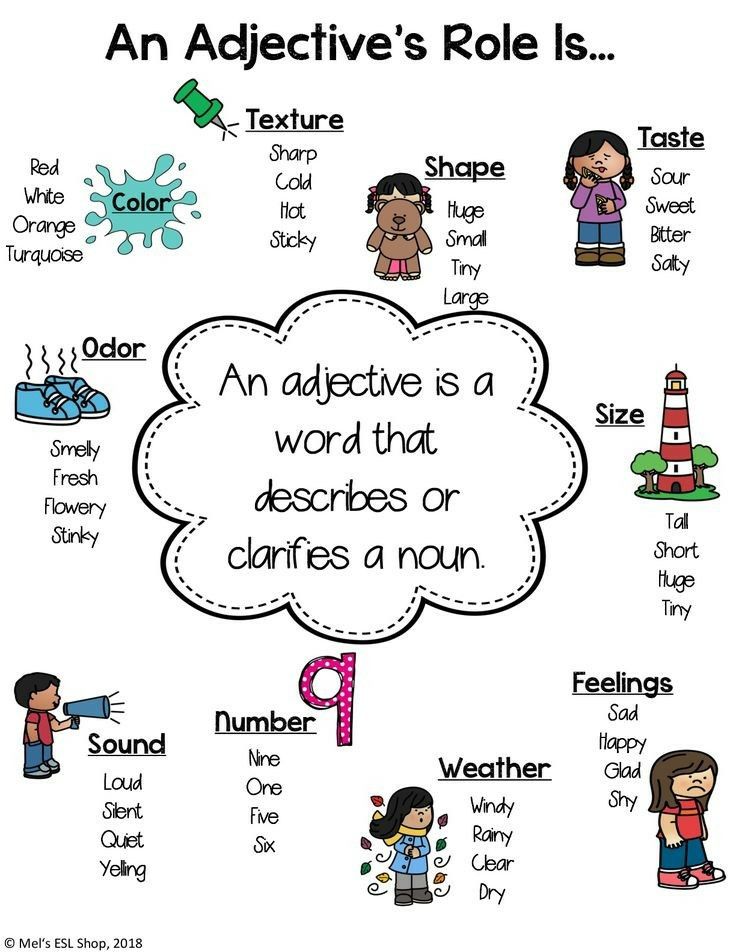
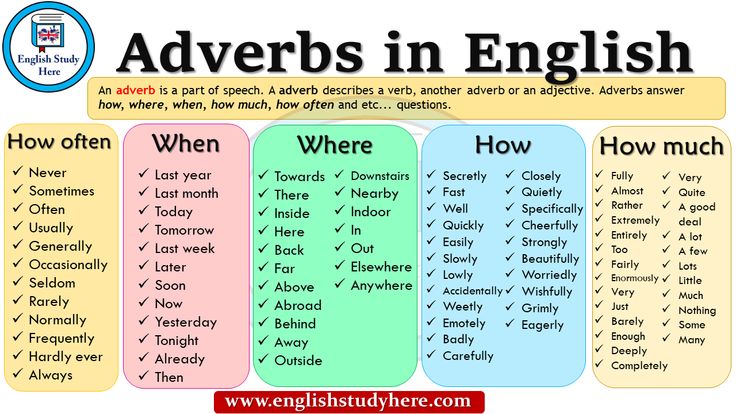 The most likely option is given first.
The most likely option is given first. 